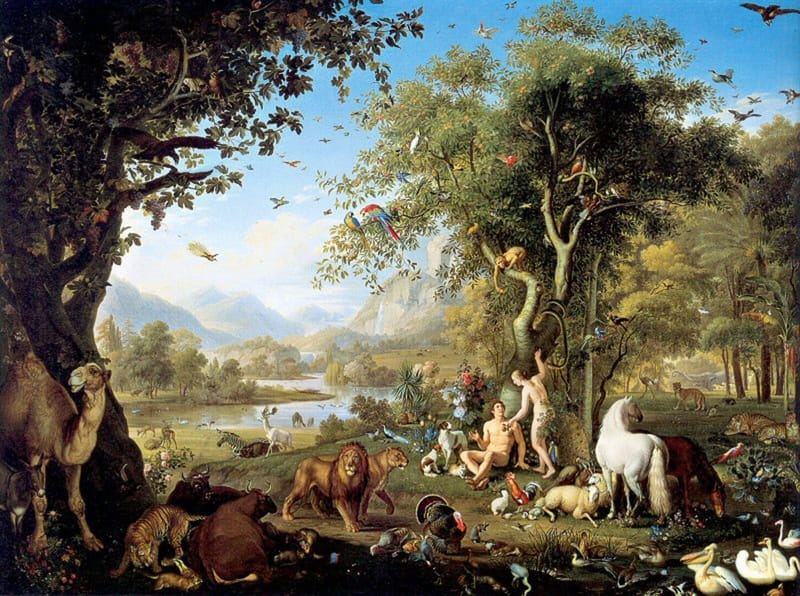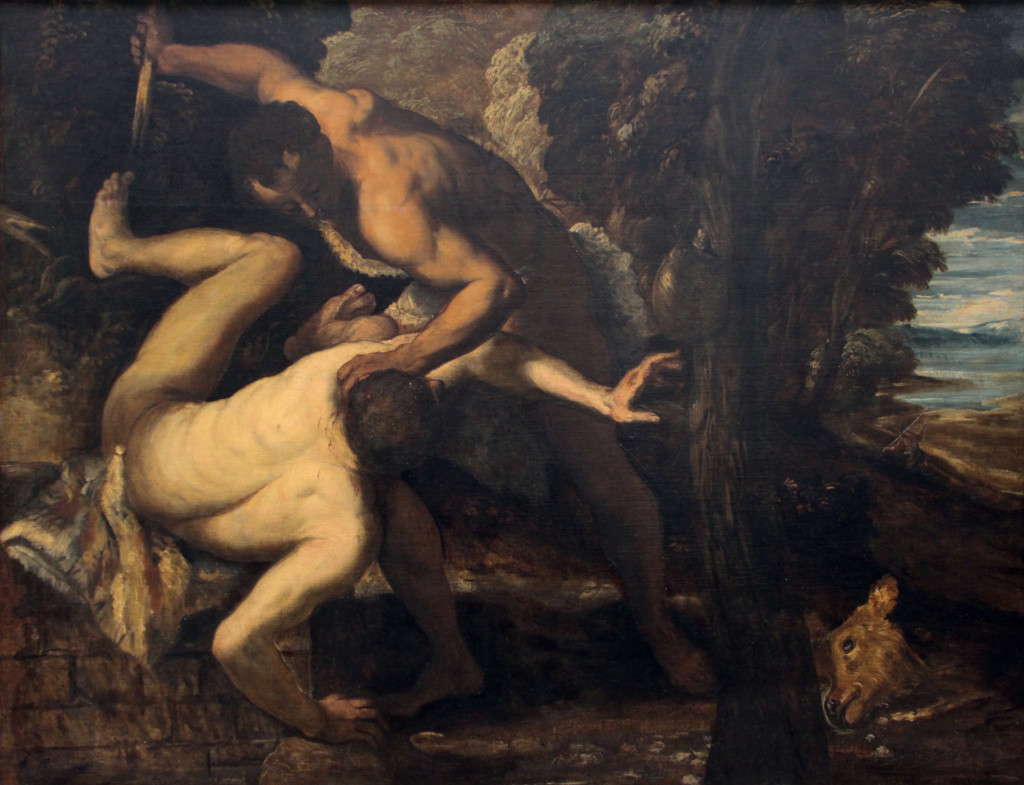Will Adam and Eve be among those receiving a resurrection?

The conclusion below will be drawn from silence, and cannot be taken dogmatically. It is inferential only, and the final answer will have to be one that we seldom like, ‘we will have to wait and see.’ However, just because something is drawn from silence does not necessarily mean it is not true.
We have absolutely no record that Jesus ever bathed, but we can be almost certain that he did. It is certainly true that both Adam and Eve attempted to sidestep their responsibility of eating from the forbidden tree. Adam blamed Eve, while Eve blamed the serpent. However, both did not deny that they had actually violated the command.
God has said that if you eat from this tree, “you shall surely die.” (Gen 2:17) That was the explicit punishment, death. Their sentence was to “suffer the punishment of eternal destruction.” (2 Thess 1:9)
The reason that this could be said is, justice required death, with no provision for anything else at the time that they were given the command. It does not seem fair that a Just God, in his command, would not include additional punishments of Eve’s difficulty in childbirth and Adam’s struggle to get the earth to respond to his care if they were a part of the original provision.

It seems that the extra penalty for Eve
“I will greatly multiply thy pain and thy conception; in pain, thou shalt bring forth children”), and for Adam (“cursed is the ground for thy sake; in toil shalt thou eat of it all the days of thy life”);Was this a move for the two to repentance? Do the extra penalties, which were not part of the original punishment, for eating the forbidden fruit, mean that Jehovah was going to forgive them after they paid the price that he had laid down?
The Apostle Paul said at Romans 6:7, “he that hath died is justified from sin.”
Just as humankind is under the condemnation of death, because we are sinners; as Romans 5:12 informs us,
“therefore, as through one man sin entered into the world, and death through sin; and so death passed unto all men, for that all sinned.”

Thus, it would seem that Adam and Eve could be afforded this as well, being chastised beyond the original punishment, because of Jehovah’s love for them. In fact, he did not give them this additional punishment, until after he informed them of the hope held out to all of humankind, the hope of a coming seed. (Gen 3:15)
Discipline by God is because of his love, and it always starts as a means of correction, this extra chastisement was a constructive reminder of their unfaithfulness to him and their need to return and repent. We have no knowledge that they ever returned to God, or that they did not for that matter.
It is very much possible that when Jehovah God clothed and protected the first human couple, he informed them, of the coming seed, Jesus Christ (Gen 3:15), who would crush the head of the serpent (Satan), and “give his life as a ransom for many.” (Matt 20:28)
It would seem that God must have informed Adam of the atoning value of the blood sacrifice as well. Otherwise, we are in a difficulty, as to how Abel, Adam’s second son, acquired this knowledge. (Gen 4:4)

Both Cain and Abel brought their offering to the altar individually. This means that Adam had no priestly function. The vegetable offering of Cain would have been displeasing to Adam because it was displeasing to Jehovah. Cain’s offering lacked the atoning blood. (Gen 4:5)
On the other hand, Jehovah was well pleased with Abel’s blood atoning sacrifice of “the firstborn of his flock and of their fat portions.” (Gen 4:4)
Some may argue that Adam and Eve were perfect, and this would indicate that they had no excuse for their rebellious act, which means that they willfully and knowingly sinned against God under perfection, like the blasphemy against the “Spirit” that Jesus spoke of, forfeiting any hope of a resurrection. (Matt 12:32; Heb 6:4–6)

They would point out maybe that we in our imperfection are prone, inclined, leaned toward sin, while Adam and Eve were prone, inclined and leaned toward good.
However, the Christian can find himself, because of the ransom sacrifice of Christ, in an approved standing before God.
There are allowances made for his imperfection, which means, he has a righteous standing before God. (Ps 103:8–14) Thus, if we were to put them on a scale, Adam would not have needed any allowance for his standing before Jehovah, while God graciously gives an imperfect man that exercises faith in Christ some counterweights undeservedly so, to offset and give him his standing before Jehovah.
In the end, we must say that there is no conclusive answer to this question. One should offer both arguments, and allow the listener to decide for themselves where they stand. The other option is to be neutral and not commit to either position, choosing to wait and see, as God is a God of mercy, love and justice, and will do the right thing. In conclusion, it
Author: Andrews, E.D

